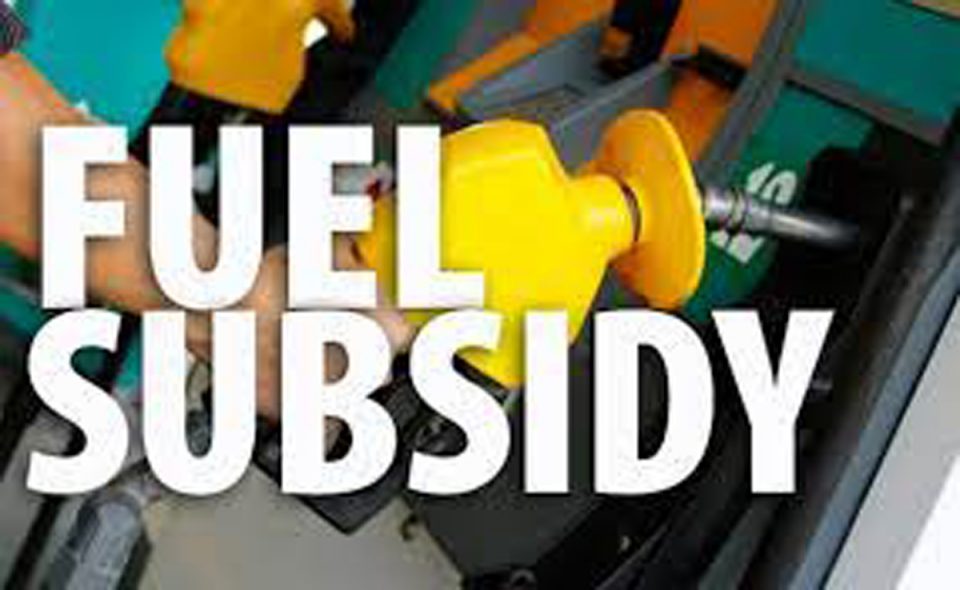Fuel subsidy removal creates hardships, pushes citizens further down poverty line – Don
A university don, Mr Godwin Kwalbe, has advised government at all levels against cosmetic approach to addressing multidimensional poverty affecting a huge population of the country.
Kwalbe, a lecturer in the Department of History, Kaduna State University, gave the advice while speaking with the in Abuja on Sunday.
He said that the palliative approach to addressing poverty made it look like the hardship occasioned by spiralling poverty in the country was seasonal.
He said that the fuel subsidy removal did not create hardship or poverty but only pushed citizens further down the poverty line.
The lecturer pointed out that more than half of the country’s population were structurally poor, with many people born into poverty and might continue to live in perpetual poverty.
He noted that the Federal Government had implemented several palliative programmes in its efforts to address poverty.
He identified some of the programmes as COVID-19 palliatives, economic stimulus packages like market moni, conditional cash transfer, public works programme, school feeding Programme and the current fuel subsidy palliatives.
He, however, said that the programmes, except for the conditional cash transfer programme, were designed only to cushion the effect of poverty and not to address poverty itself.
“In this context, the palliatives are merely serving as pain killers and as such, they are not addressing the causes of the pains,” he said.
He advised the federal, states and local governments to go back to the drawing board and come up with a well-structured social welfare and social protection programmes.
He explained that social protection covered the range of policies and programmes needed to reduce the lifelong consequences of poverty and exclusion.
“Social protection, according to the international labour organisation, is a human right consisting of policies and programmes designed to reduce and prevent poverty and vulnerability throughout the life cycle.
“It includes benefits for children and families, maternity, unemployment, employment injury, sickness, old age, disability, survivors, as well as health protection.
“As such, the Nigerian social protection programmes should be humane, comprehensive, and continuous in line with global best practices and not the current sporadic model,” he said.
Kwalbe added that the social protection programmes should specifically target the unemployed, senior citizens, Persons with Disabilities (PwDs) and other poor and vulnerable groups.
He added that senior citizens and PwDs in particular, should be placed on monthly allowances for life.
“It is absolutely below the African value system to have our aged parents, queue with youngsters and fight for pittance in the name of palliatives.
“The photos and videos of youths pushing old parents down during distribution of palliatives are embarrassing to our dear nation.
“The discourse about palliatives should not also be done in isolation of the salary package for civil servants.
“Based on our African culture, paying salary to an individual civil servant means paying for the upkeep of many members of the extended family.
“This is why the government cannot be insensitive to the calls for upward review of wages in lieu of the current national hardship,” he said.




